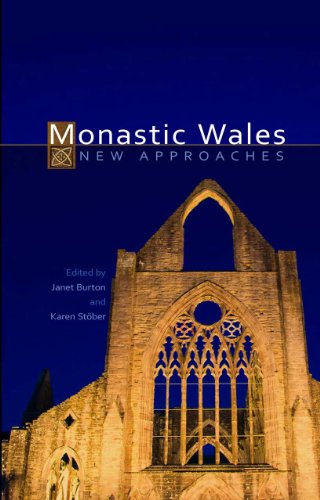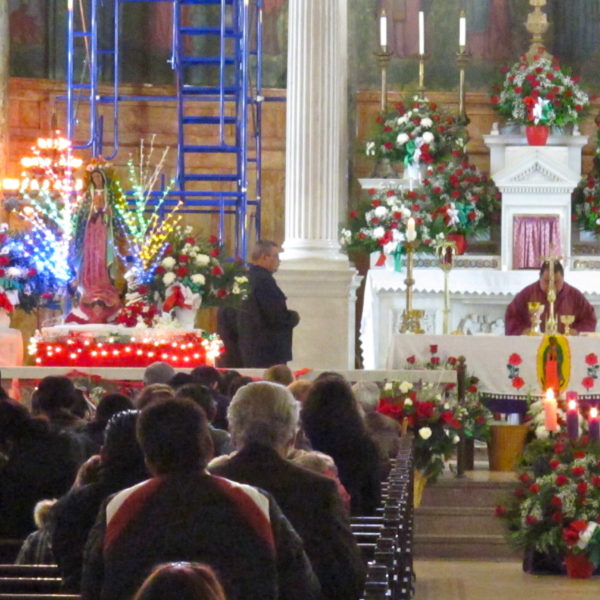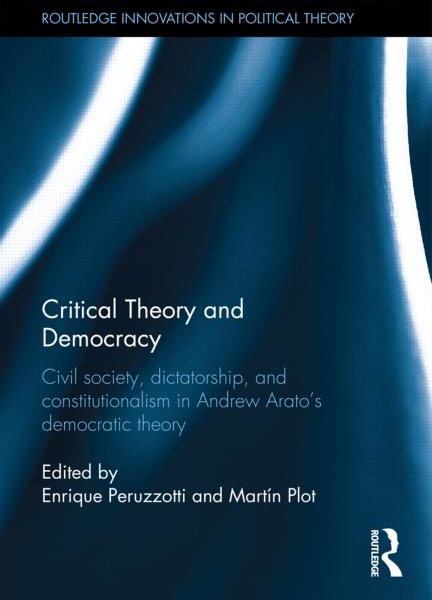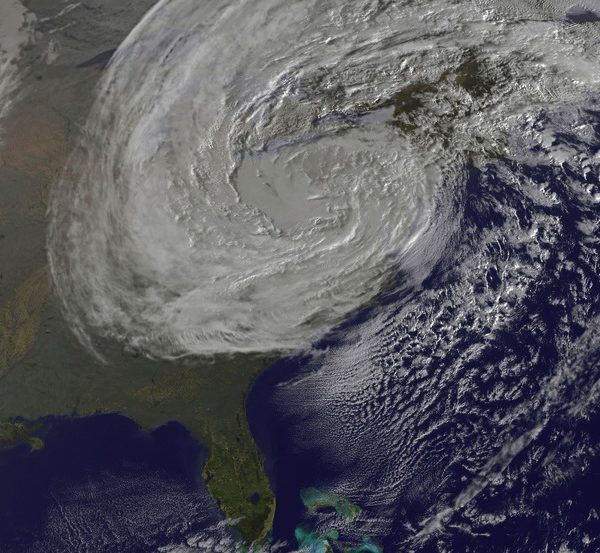
Medieval religious houses were more than enclosed communities of men or women who spent their lives in prayer and worship, striving for their own salvation and interceding for the salvation of humankind. Clearly this was part of the story – it was not for nothing that the medieval historian Orderic Vitalis called monasteries ‘citadels of the Lord’, or that monks were commonly regarded as spiritual soldiers fighting against the power of the Devil and his cohorts.
In a recent piece about Les Misérables, which is in general a fine study of the dynamics of law and grace in the film, Michael W. Hannon worries that a view of the state, and the political realm more broadly, as an unnatural institution is insufficient for a vibrant and vigorous engagement of this realm, or as he puts it “our faith in law.” Hannon aptly notes that Valjean, one for whom “it seemed as though he had for a soul the book of the natural law,” is the ideal in Hugo’s work. Valjean’s remarkable conversion, for instance, results in a situation in which he recognizes a greater sense of moral obligation rather than less.

The original unifying function of liturgy becomes lost if we begin to dehistoricize liturgy by shopping among the traditions. Like consumerist postmodern culture, the Emergent Church shops among traditions for forms of spirituality that are useful and pleasurable and incorporates them into general western, melange of religious items….

